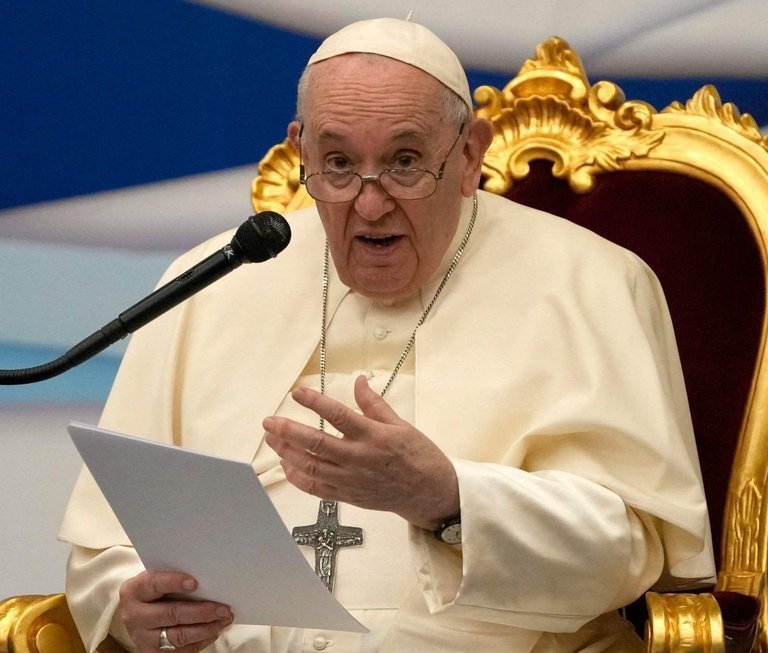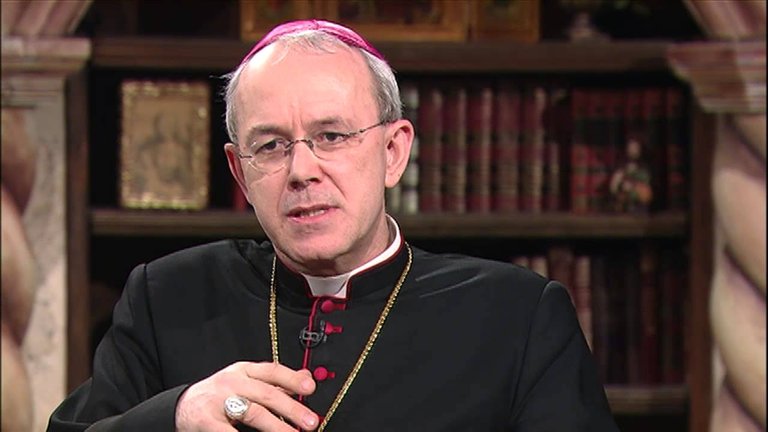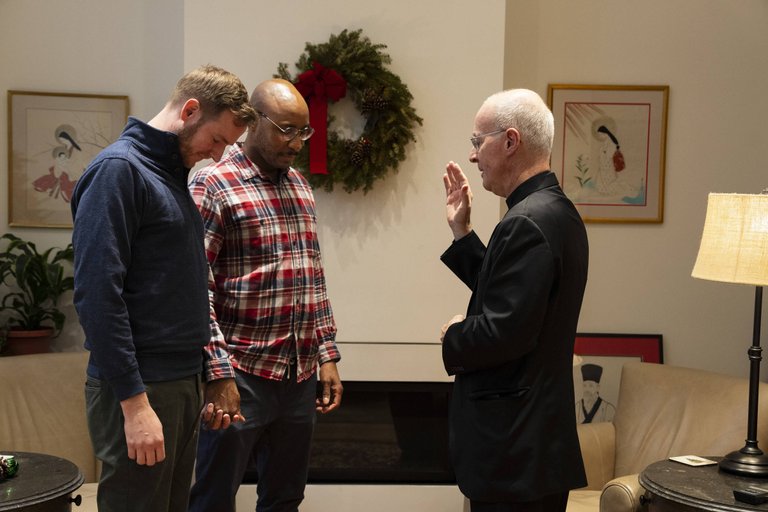Fiducia Supplicans – in defense of Pope Francis

On the other hand, more conservative and traditionalist segments were quick to make harsh and robust criticisms against the document, especially regarding its supposed "ambiguity" and rejecting such blessings, which, according to their understanding, could be summarized as: "blessing sin."
This generated a great division of opinions within the Clergy, with many bishops worldwide refusing to comply with the document's recommendations and prohibiting their subordinate priests from doing so.

Bishop Athanasius Schneider, one of the most incisive critics of the document. - Image Source
I don't know if you know, but this document was not born spontaneously from the Pope's head but is the result of hundreds of "dubias," questions from priests who have been asking for more than a decade what to do in these situations in which people in irregular relationships come to ask for blessings.
An answer was needed, and in light of the teaching of Our Lord Jesus Christ, it is clear that yes, they must be blessed. For example, in the passage about the adulterous woman, he did not say to her: "Go away, Satan, for you are a sinner, and perhaps you will sin again later." He says: "I don't condemn you either. Go, and from now on, sin no more."
Now, an example from today; A man comes to ask for a blessing because he will have a difficult job the next day. The priest doesn't know, but the guy is a criminal, and the "job" is a robbery he intends to commit. The priest will bless you.
The individual in question may be involved with a gang. Although he sincerely wants to correct himself, change his life, and no longer sin, he cannot; he may be too involved, suffer threats from his partners, etc. Good and evil inhabit the human soul in a complex way. He knows he is wrong and still asks for a blessing.
Is the blessing helping with the crime? Of course! On the contrary, through the power of divine grace, it may be that God works in some mysterious way for the benefit of this man so that his destiny changes in unknown ways. He can get out of that desperate situation.

Many cultural, emotional, and psychological factors can intervene so that these people cannot wholly escape the situation they find themselves in. Yet, they are aware of their mistakes and seek a way out.
In these cases, the blessing may serve precisely so that divine grace can intervene, heal, and keep people away from evil and sin, never to exalt sin.
Obviously, there can be abuse, but abuses occur within the Church in all areas, including the most elementary ones, such as the distortion of the liturgy, etc.
Looking at it this way and reading the document, you will see that it is not ambiguous; how many of us actually read it? Or are they just repeating opinions they heard from others?
Anyone who can, please read it; Fiducia Supplicans and you will see that the text is evident and states that no new doctrine is being introduced and that it is in no way a question of blessing irregular couples as if it were a marriage union ceremony.

The Coat of Arms of Pope Francis - Image Source
It cannot be denied that the Catholic Church is going through one of its worst crises since Vatican II. Certain obscure elements have been introduced, and I intend to write about the subject soon. However, there is still no formal heresy in any official document of the Saint Church.
On the contrary, although criticism can be made in many aspects, weaving false narratives against the Pope and the Holy Church is a sin and a severe error.

Follow me on Twitter